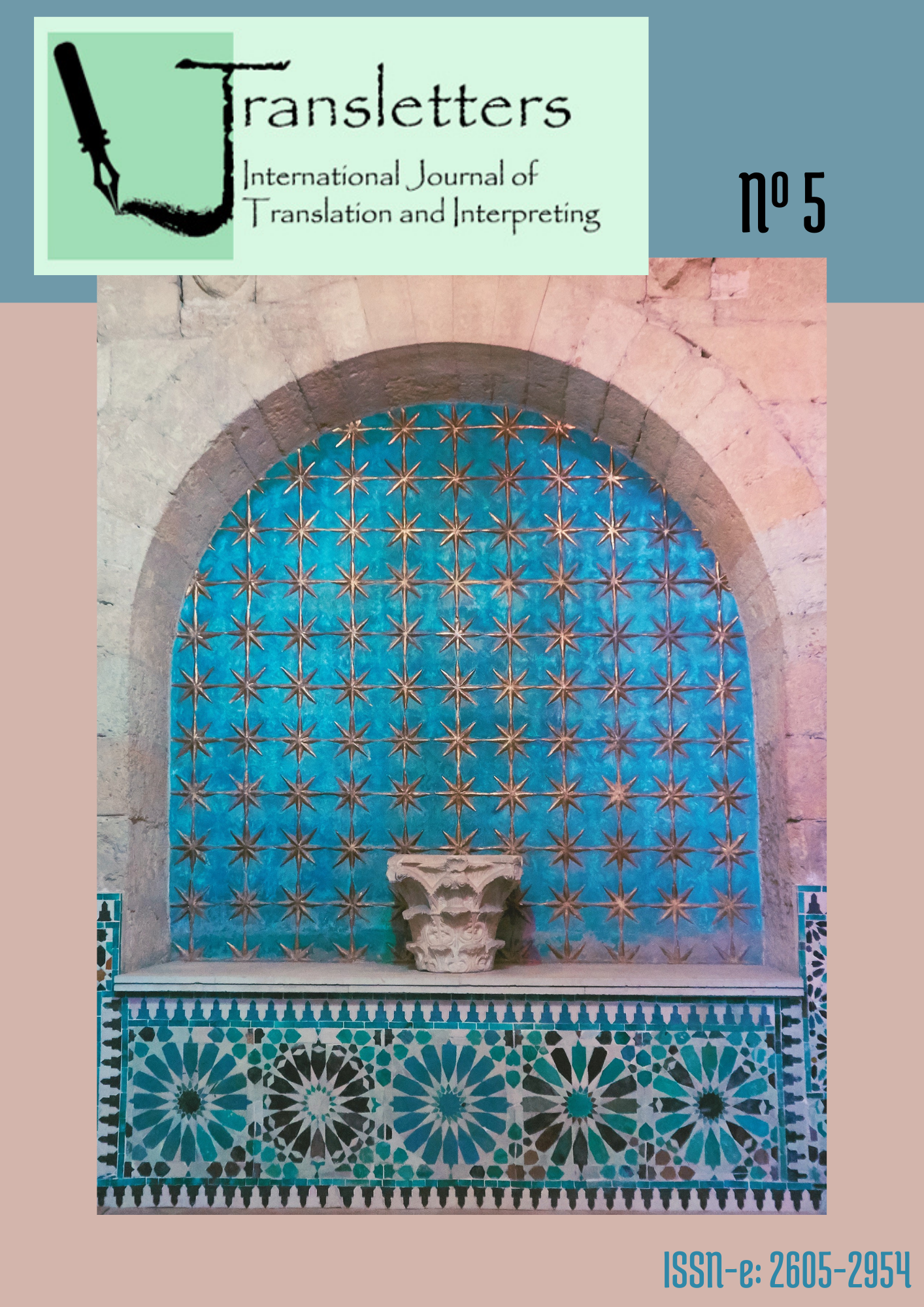The Court interpreting, monolingual ideologies and legitimate language How translanguaging voices are silenced in court proceedings.
Main Article Content
Abstract
In courts of law, as in many other professional fields (medical, etc.), language is regulated by claims of legitimacy. An essential part of this linguistic legitimacy is conforming to monolingual standards in situations where litigants are non-native English speakers, i.e. speaking in their own monolingual language through the services of a court interpreter. However, when called to testify, or respond to cross-examination, litigants are sometimes unable to express themselves fully in their ‘presumed’ monolingual language, engaging instead in ‘translanguaging’ practices.
Drawing on preliminary research, involving 6 professional court interpreters based in the UK, this article explores how interpreters often promote monolingual models in their interpreting practices, re-enforcing the non-legitimacy of translanguaging litigants, limiting and restricting their voices in processes that may well shape their future lives.
Downloads
Article Details
Suggested policy for journals that offer open access
Authors who publish with this journal agree to the following terms:
1. Authors retain copyright and grant the journal the right of first publication with the work simultaneously licensed under a Creative Commons Attribution License, which allows others to share the work with an acknowledgement of authorship of the work and initial publication in this journal.
2. Authors may enter into additional contractual arrangements for non-exclusive distribution of the published version of the paper in the journal (e.g., submission to an institutional repository), with an acknowledgement of its initial publication in this journal.
3. Authors are allowed and encouraged to publish their work prior to the final version published in this journal once accepted (e.g., in institutional repositories or on their website), as it can lead to productive exchanges, as well as earlier and higher citation of the published work (see The Open Access Effect).

